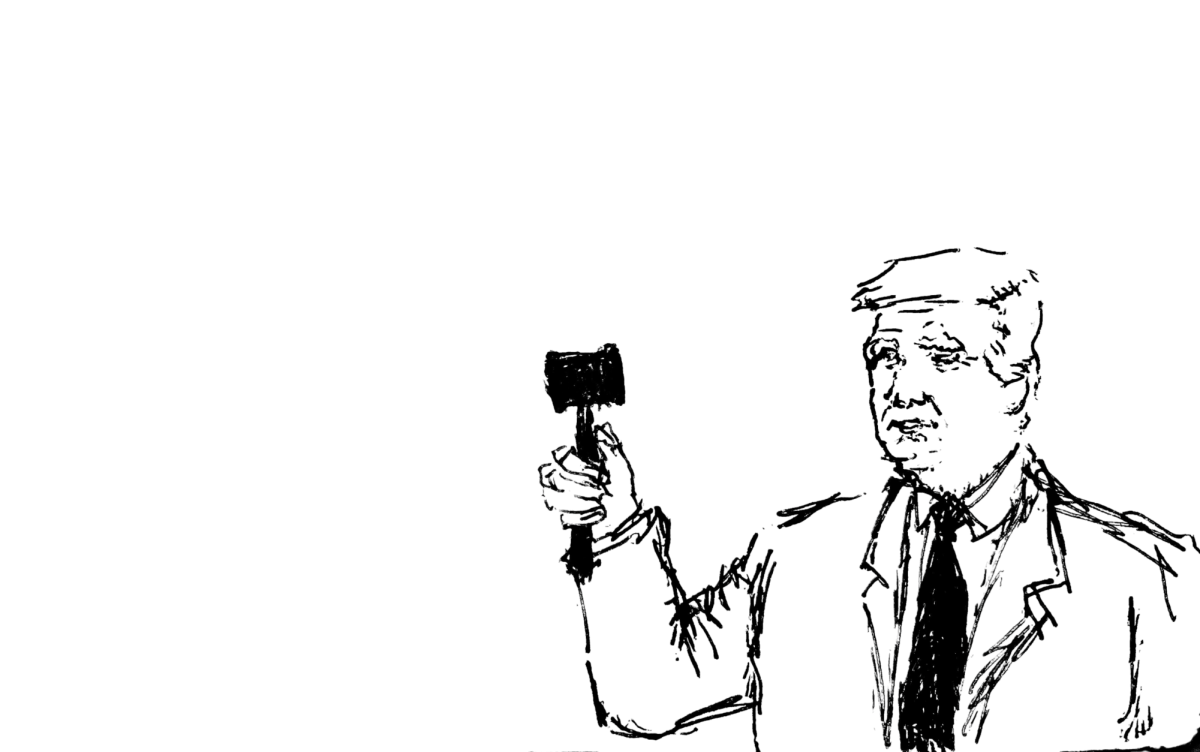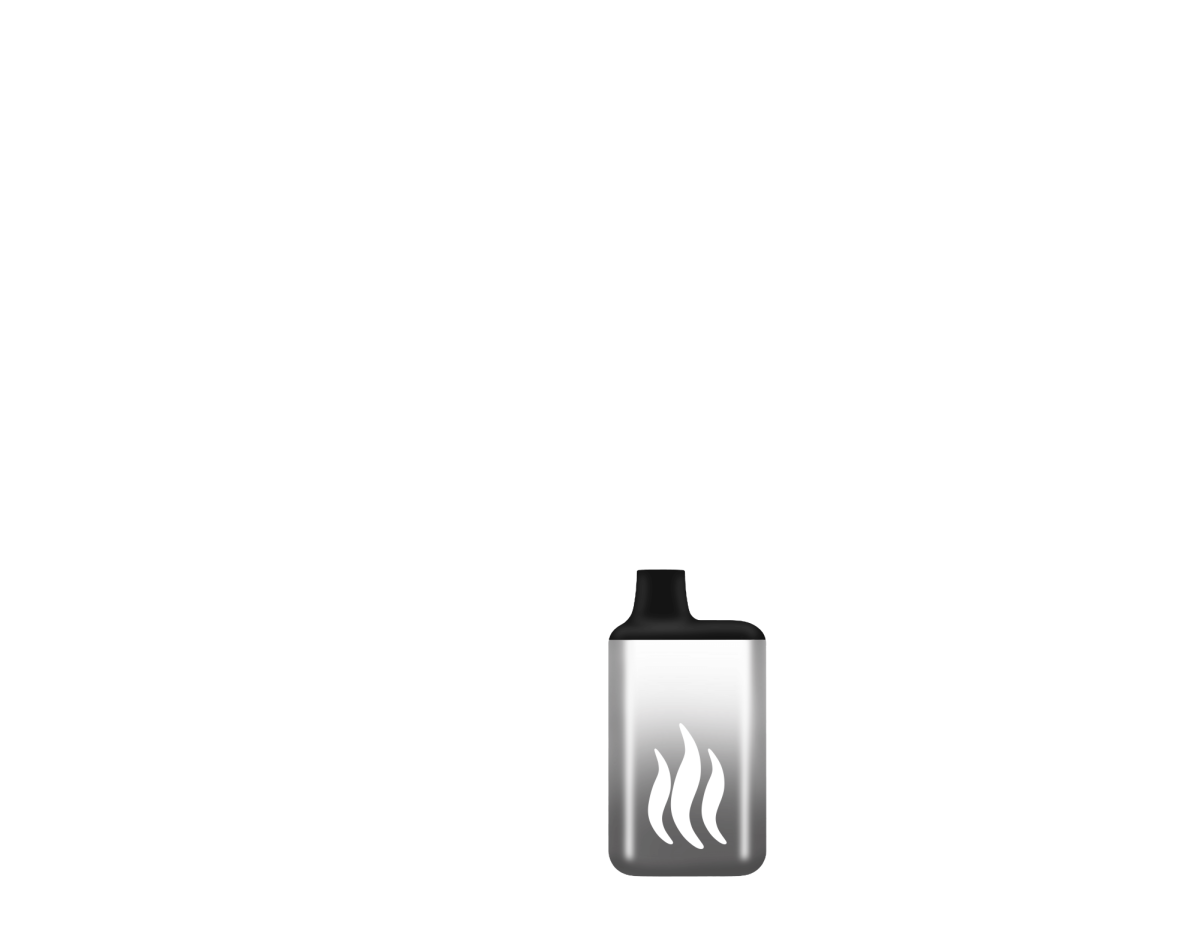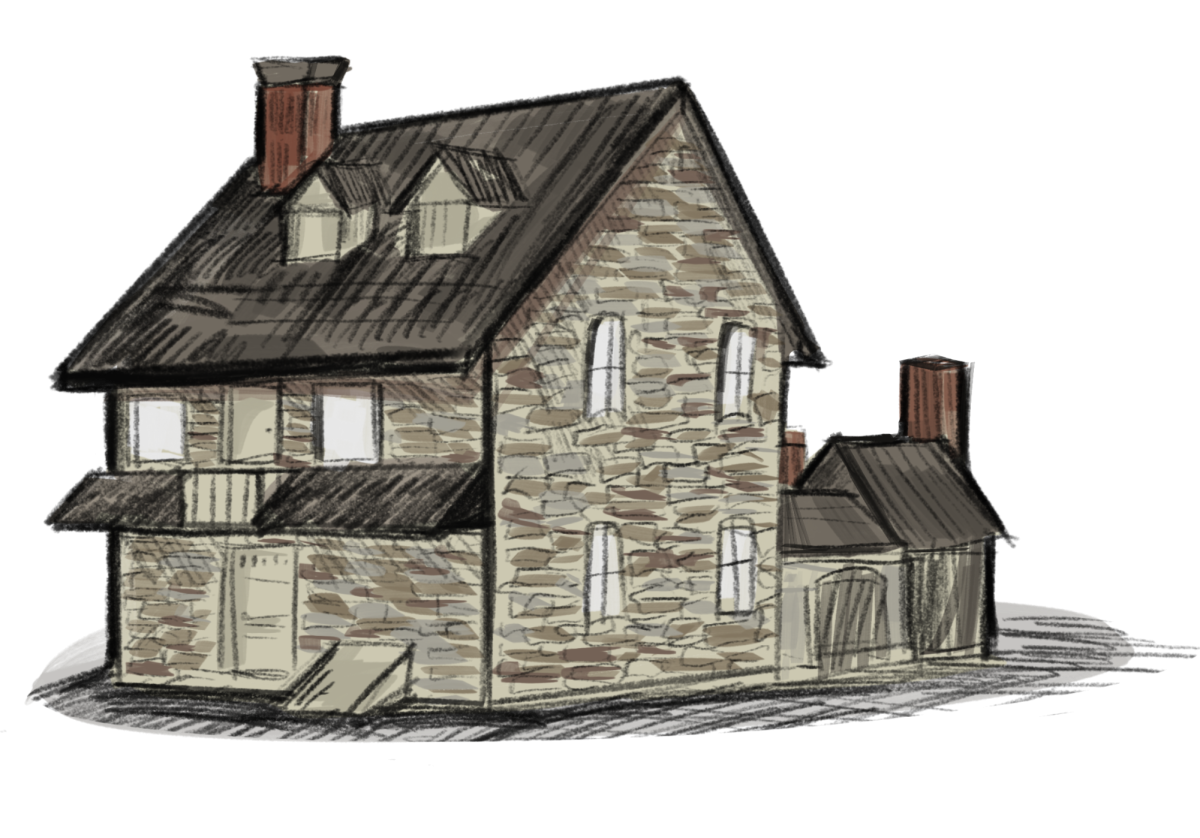Former President Joe Biden, born in 1942, and President Donald Trump, born in 1946, hold the titles for the oldest U.S. presidents to hold office. The rising age of recent presidents prompts concern over whether advanced age poses a risk to the presidency. At the age of eighty, at which most Americans have retired or transitioned away from professional life, U.S. presidents are moving into the Oval Office. If you question the age of our elected leaders or believe there should be age limits for U.S. presidents, you are not alone; a recent Pew research poll finds that 79 percent of Americans agree with establishing age limits for elected federal officials (Pew Research Center, 2023); in other words, most Americans agree that candidates can be regarded as being too old for the job.
The position of U.S president is widely viewed to be the most demanding job in the world from an intellectual, physical, and psychological perspective. Former President Jimmy Carter attested to this in a 2023 CNN article, saying, “You know, if I were just 80 years old, if I were 15 years younger, I don’t believe I could undertake the duties that I experienced when I was President.” There’s a certain amount of energy one needs to sustain a demanding schedule, constant travel, and public speaking. Beyond the physical demands of the position is the responsibility to inspire and energize. Younger candidates often bring fresh perspectives to the problems that demand action as well as potential solutions. We see examples of this happening in other countries. The average age of leaders in European countries is under fifty years of age. Youth voter turnout has increased, and issues are being solved more quickly, likely due to greater energy and engagement. Challenges such as educational debt, affordable housing, the mental health crisis, and gun violence have gone unaddressed for decades—leaders more involved in these issues may be better suited to work towards solving them.
Some might argue that older leaders bring wisdom and experience. In addition, one can also argue that age does not always correlate with health. While age does bring greater experience, this should be balanced against the extremely high physical and psychological demands of the job. Notably, a number of jobs that directly impact public safety require regular evaluation of abilities above a certain age. Commercial pilots, firefighters, and surgeons are all required to pass tests every handful of years depending on their profession to make sure they are still qualified to keep their jobs.
There are many valid reasons for being concerned about the age of our presidents. Age in and of itself is definitely a viable issue—we should also, however, focus on abilities, placing emphasis on evaluating candidates’ ideas and policies throughout the campaign cycle. Age can’t be ignored when assessing ability, it should play a role in the way Americans choose their president, the candidate must be suitable for the most demanding job in the world.







Meg Korte • Oct 1, 2025 at 9:56 AM
An excellent well written article by Charlotte Bergheiser. I agree with her perspective on this issue!